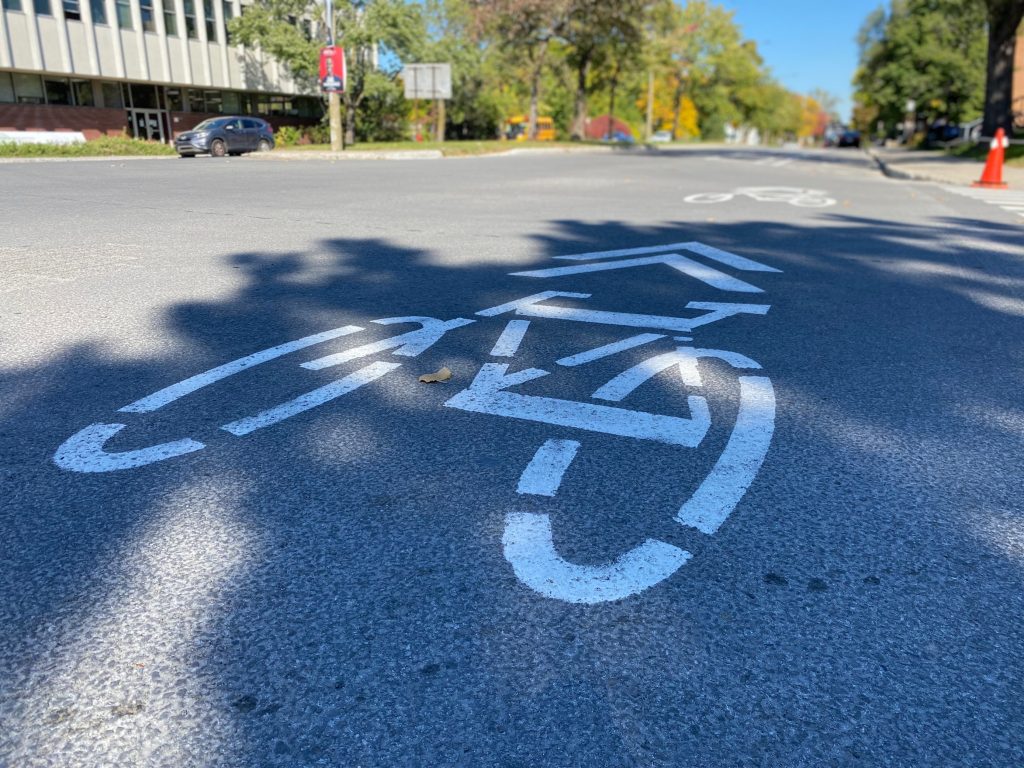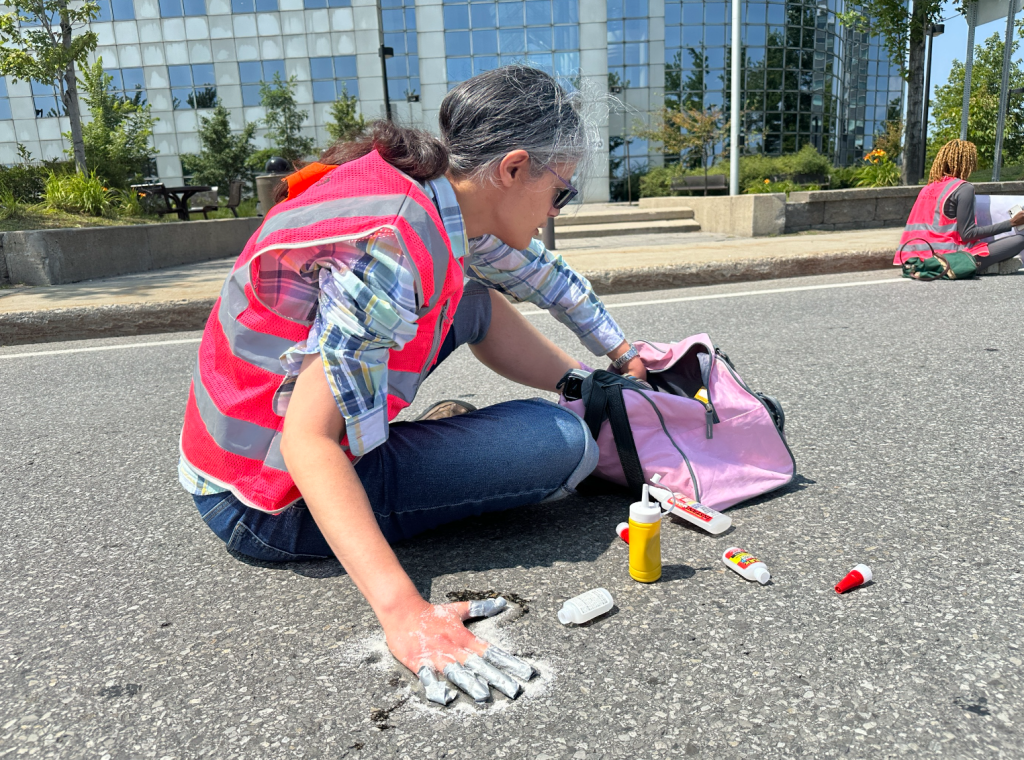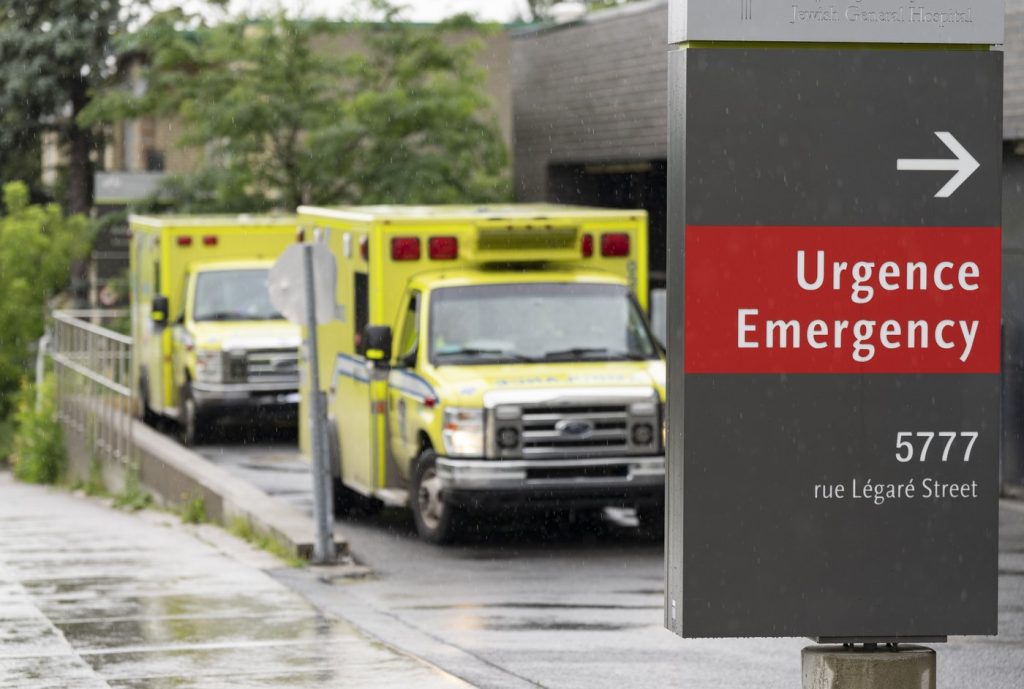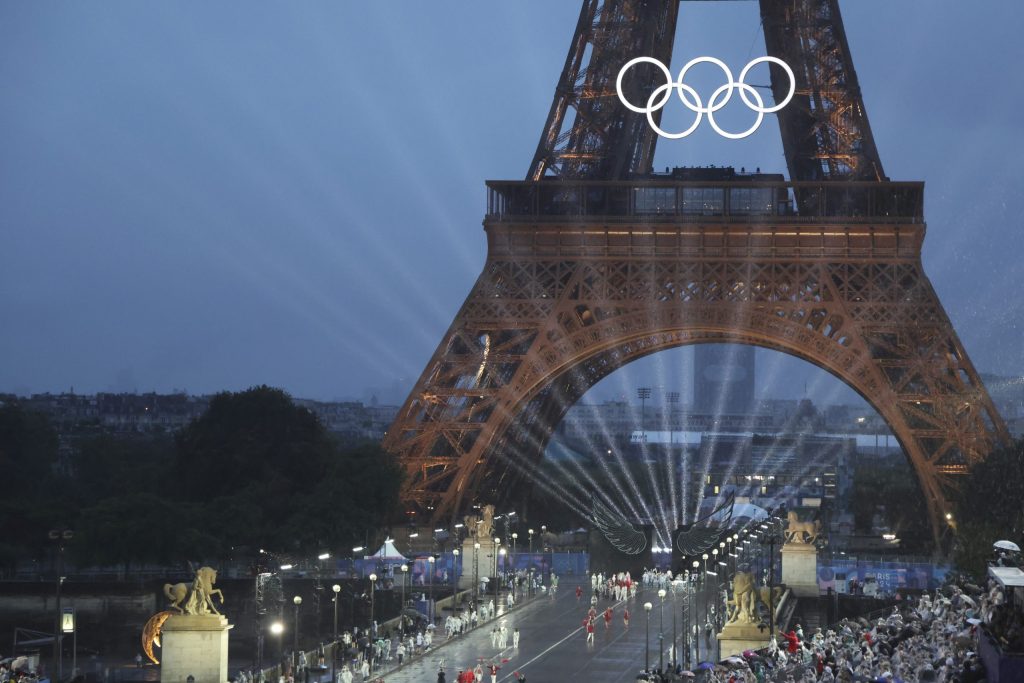Souk El Ahad: Montreal market allows Arabic community to share traditions, culture
Posted December 13, 2022 11:03 am.
Last Updated December 13, 2022 7:11 pm.
Souk El Ahad, which translates to “the Sunday’s market” in Arabic, is a space for artists from the Middle East and North Africa to collaborate, sell and exhibit their work.
“’Warming Your Heart’ started in 2014 back when I was still in Lebanon, it was just to keep the know-hows of my grandma, and you know the traditions and all of that,” said Rachel Partamian, founder of Souk El Ahad and Warming Your Heart.
“We wanted to have an easy way for everyone to be able to take part of it. Every single year there is a different project, so 2023 is going to be the jackets, which are very comfortable.”
Many artists agree Montreal is a city that really supports small businesses.
“I think Montreal is a really good place for starting a new business,” said Akram Abdulwahad, founder of Make It Your Own (MIYO). “There are a lot of startups and in terms of communities like in West Island and different places, they all have groups and they support each other.
“With COVID that came with the ‘support of local business’ mantra, so that helped. And everyone is trying to shop local instead of big stores.”

Souk El Ahad. (Credit: OMNI/Farah Mustapha)
When they came to Canada, many looked to bring the traditions and culture from their homelands with them and re-started their businesses from scratch.
“I moved to Canada to Ottawa initially in June last year,” said Celine Khairallah, founder of Scene Beirut. “And how we left Lebanon, it wasn’t ideal to be still in an art and creative pursuit. So it took some time to start again the project. So I think now after a year of being here I started again setting up and we have to keep going after all.”
Partamian says Souk El Ahad is not just about artists but also about helping those in need.
“We do have ‘Tombola’ tickets in every single event, where basically you decide whichever artists you liked and you put your name in. It’s $5 tickets and then all proceeds are going to go to families in the Middle East and North Africa to help with medication, hygiene, education and food – just a way to support each other.”




